In a new series of more or less monthly articles, I will be using various lists to look at Akira Kurosawa, his works, influences, working methods and collaborators. Everyone loves lists, right? If nothing else, at least they are typically good conversation starters.
We will kick off the series with the most obvious list: the ten most essential Kurosawa films which, frankly, everyone who loves cinema should watch. So, light up your torches, sharpen your pitchforks and read on!
High and Low (1963)
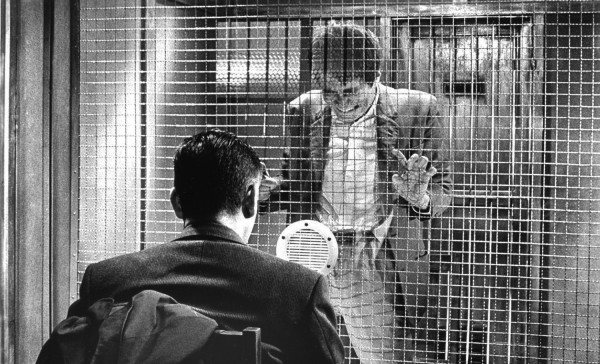
Although this list isn’t meant to be in any particular order, High and Low is the film that I would and do recommend for newcomers as the introduction to Kurosawa. Not only is it one of Kurosawa’s best films, but it is also an excellent example of the kind of synthesis of art and entertainment that his films are made of. It is incredibly engaging, artistically satisfying, and comes with brilliant performances from a star-studded cast. If held at gunpoint, I would probably name it Kurosawa’s best film.
High and Low is based on American crime writer Ed McBain’s novel King’s Ransom. In the fairly noiresque atmosphere, Toshiro Mifune plays the wealthy shoe industrialist Kingo Gondo who is at the verge of launching a takeover of his company when his plans are thwarted by a kidnapping and ransom demand. As Gondo’s fortunes begin to crumble, the police launch an investigation with goal of capturing the kidnapper. Kurosawa’s documentary-like camera takes us around Yokohama and shows us glimpses of both its high society and the underworld.
Yojimbo (1961)
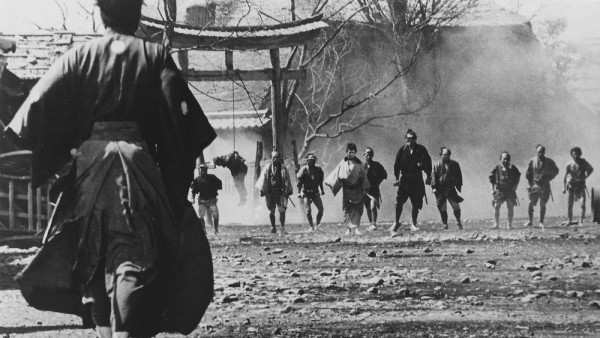
Although the majority of Kurosawa’s films were contemporary dramas, he tends to be best known for his samurai works. Yojimbo may well be Kurosawa’s most influential work, and it certainly is among his best. A masterless super samurai played by Toshiro Mifune wanders into a town inhabited by criminals, gangsters and other forms of lowlife, and sets out to clean the corruption by wiping out the disease. It is bloody, it is funny, it is brilliant, beautiful and unforgiving.
The film has influenced countless others, including Sergio Leone’s unauthorised near shot-by-shot remake A Fistful of Dollars, as well as the later Walter Hill film The Last Man Standing.
Seven Samurai (1954)
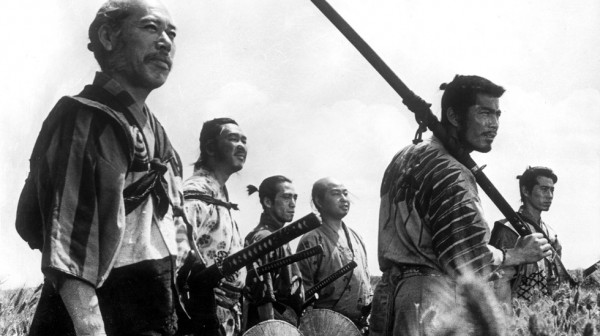
A group of masterless samurai answer the call of help from a tiny rural village who are under an impending attack by bandits. Seven Samurai is the film that people usually think about when they hear the name Akira Kurosawa, and there certainly is a reason for that. It is an entertaining and thought-provoking action film which showcases much of Kurosawa’s technical brilliance while serving a story that is both touching and engaging. The ensemble cast gives stellar performances while the three and a half hour running time flashes by.
Seven Samurai has consistently featured in the top three of the Japanese film magazine Kinema Junpo’s list of top Japanese films of all time, and is also a constant feature in most western film critics’ lists of favourites. To not have seen Seven Samurai is to be deprived of one of the major cultural events of the previous century.
Ikiru (1952)
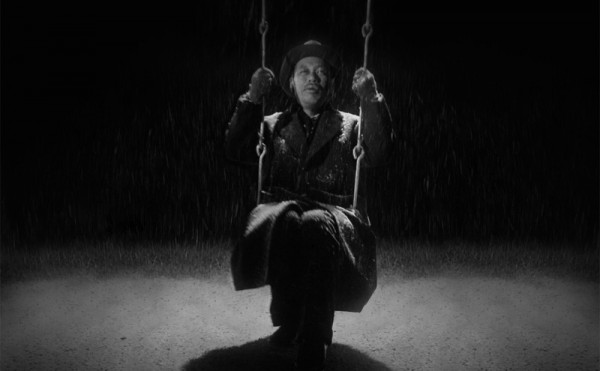
When a Tokyo bureaucrat learns that he will soon die of stomach cancer, he wakes up from his 30-year-long zombie like existence and sets out to make a difference before he dies.
Kurosawa was known and often criticised for his deep humanism, and Ikiru is perhaps his most humanist and existentialist statement on film. It features a career defining leading performance by the magnificent Takashi Shimura and raises questions about our purpose in life. The film is beautiful, heartbreaking, uplifting and easily one of the best films of the 20th century.
Rashomon (1950)
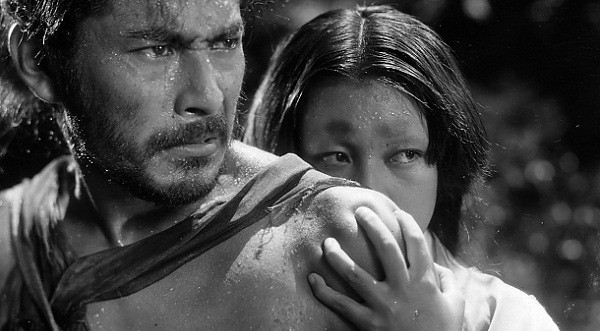
A man is dead. A woman raped. There are four eye witnesses and five conflicting accounts of what really happened.
Based on short stories by Ryūnosuke Akutagawa, Rashomon is the film that launched Kurosawa’s career internationally and in the process also put Japanese film on the map of World Cinema. The importance of its victory at the Venice Film Festival was considerable, but it is by no means a mere historical curiosity. Although many films have since tried to copy its examination of the notion of objective truth, the often minimalistic Rashomon remains the finest and richest example of the genre that it created.
Stray Dog (1949)
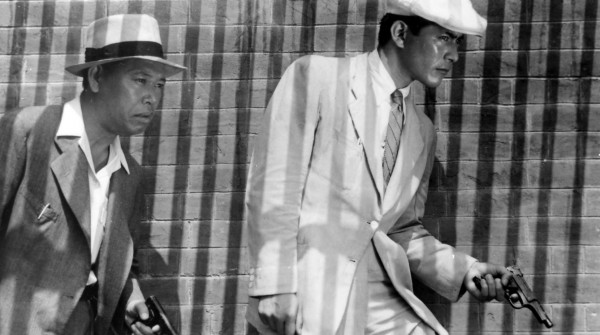
One of the most important achievements of Kurosawa’s career was the exploration and commentary of the immediate post-war Japanese society. Stray Dog is a stellar example of this, combining a gripping storyline with deep societal concerns.
Stray Dog is crime film which follows a young detective played by Toshiro Mifune who one hot summer becomes obsessed with a quest to find his stolen gun. The film looks at individual responsibility and serves its noir police procedural with technical brilliance and an impeccable rhythm and pacing.
Drunken Angel (1948)
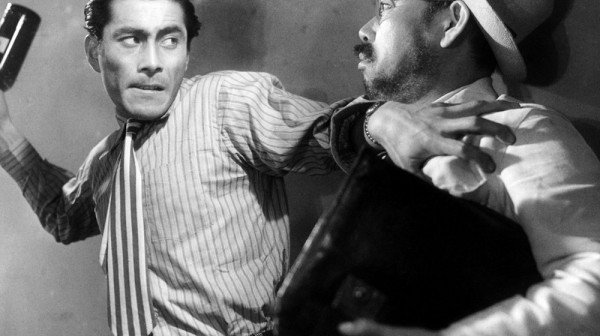
Drunken Angel is another brilliant example of Kurosawa’s concerns about the directions taken by post-war Japanese society. It stars Takashi Shimura as the titular alcoholic doctor who treats a young gangster suffering from tuberculosis. The gangster is played by young Toshiro Mifune who is appearing in his first role under Kurosawa, and very much stealing the show in the process.
Kurosawa considered Drunken Angel something of a personal breakthrough, and its depiction of a dark and muddy postwar Tokyo is well worth watching for the film’s ingeniously staged violent climax alone.
Throne of Blood (1957)
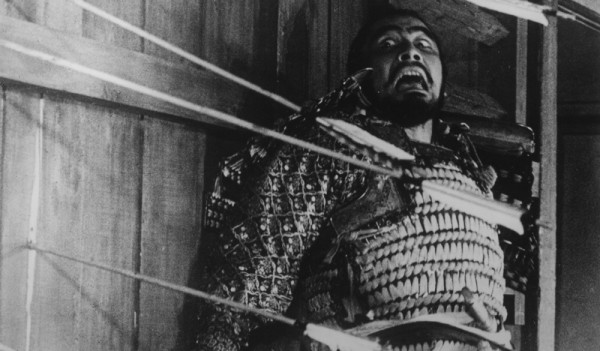
Perhaps the most technically perfect of Kurosawa’s films, Throne of Blood is the first of the director’s two Shakespeare adaptations. Based on Macbeth, the film transports the Scottish king’s tragedy into medieval Japan and takes its cues from Japanese noh theatre, rather than western traditions. So good it is that many Shakespeare scholars consider it the best adaptation of the bard’s works, on or off screen.
Ran (1985)
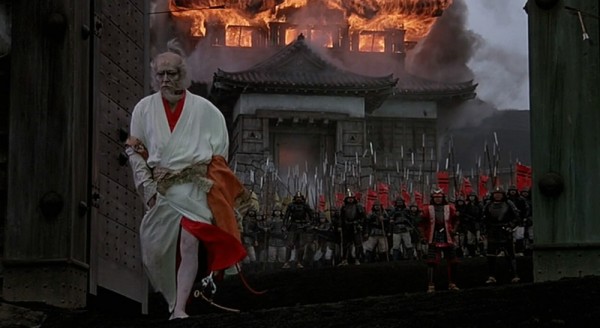
Ran is the other film that Kurosawa based on a Shakespeare play, being a mixture of King Lear and Japanese history. The story is again transported to medieval Japan and features noh inspired performances, but in many other ways the film differs considerably from Throne of Blood. Ran is more epic, more grandiose, and more pessimistic than the earlier adaptation (which itself is quite pessimistic). It is arguably also the most refined example of Kurosawa’s use of colour.
If the above doesn’t convince you to watch it, let me add that Ran is the film that Kurosawa at the time of its release declared he had been working his entire career to make, and also the one that he pointed to as a personal favourite from his oeuvre.
Red Beard (1965)
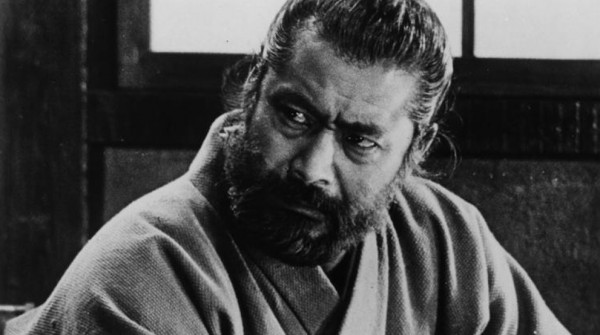
Red Beard is the film that competes with Ikiru when it comes to selecting Kurosawa’s most passionately humanist statement. It is a massive and extremely important film in Kurosawa’s oeuvre, summing up and marking something of an end point to his entire career up until that point. It is also the last film that Kurosawa worked on with Toshiro Mifune and the last one that he shot in black-and-white.
Technically brilliant, Red Beard is also the most divisive of Kurosawa’s major works. While many praise it for its dostoevskyan qualities, others have felt more suffocated by its message and have in less favourably terms chosen to compare it to works such as the American soap opera General Hospital.
..
Information about the availability of Kurosawa’s films on home video can be found in the Blu-ray and DVD sections of this website.
What do you think of the above selection? How would yours differ?






I would have to include Kagemusha on my list of 10 most essential films by AK.